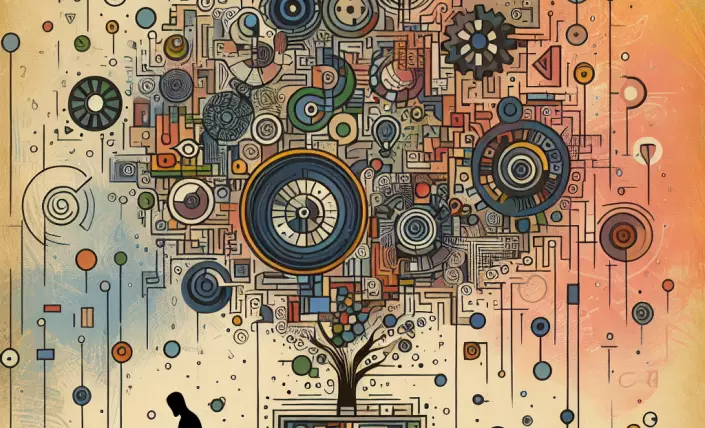In the modern world, where rapid technological advancements and societal shifts often dominate the discourse, the tension between change and tradition remains a perennial topic of reflection. This paradox, so astutely observed by Edmund Burke, challenges us to consider the virtues and vices of both innovation and preservation. Burke, a thinker deeply rooted in the context of the 18th century, offers insights that resonate profoundly today, urging us to evaluate the nature of progress and the necessity of maintaining a connection to our historical roots.
At the heart of this reflection is the understanding that change, in itself, is neither inherently good nor bad. It is the manner and context of change that determine its value to society. Burke famously critiqued the French Revolution, not because he opposed change, but because he perceived a reckless abandonment of tradition. For Burke, traditions are the accumulated wisdom of past generations, providing a stable foundation upon which future innovations can be responsibly built. This perspective invites us to consider the potential dangers of severing ties with our cultural and moral heritage. When change is pursued for its own sake, without regard to the lessons of the past, it risks becoming destructive rather than constructive.
Yet, Burke’s philosophy does not advocate for a blind adherence to tradition. Instead, it calls for a thoughtful evaluation of which traditions are worth preserving. This discernment requires an acknowledgment of the imperfections within our inherited systems and an openness to reform them in ways that respect both their original intent and contemporary needs. In essence, Burke’s approach encourages a dynamic interplay between continuity and innovation, suggesting that a society’s strength lies in its ability to adapt while remaining rooted in foundational principles. By reflecting on this balance, we are compelled to examine our personal lives, questioning which aspects of our own beliefs and practices are informed by genuine wisdom and which are simply remnants of outdated customs.










